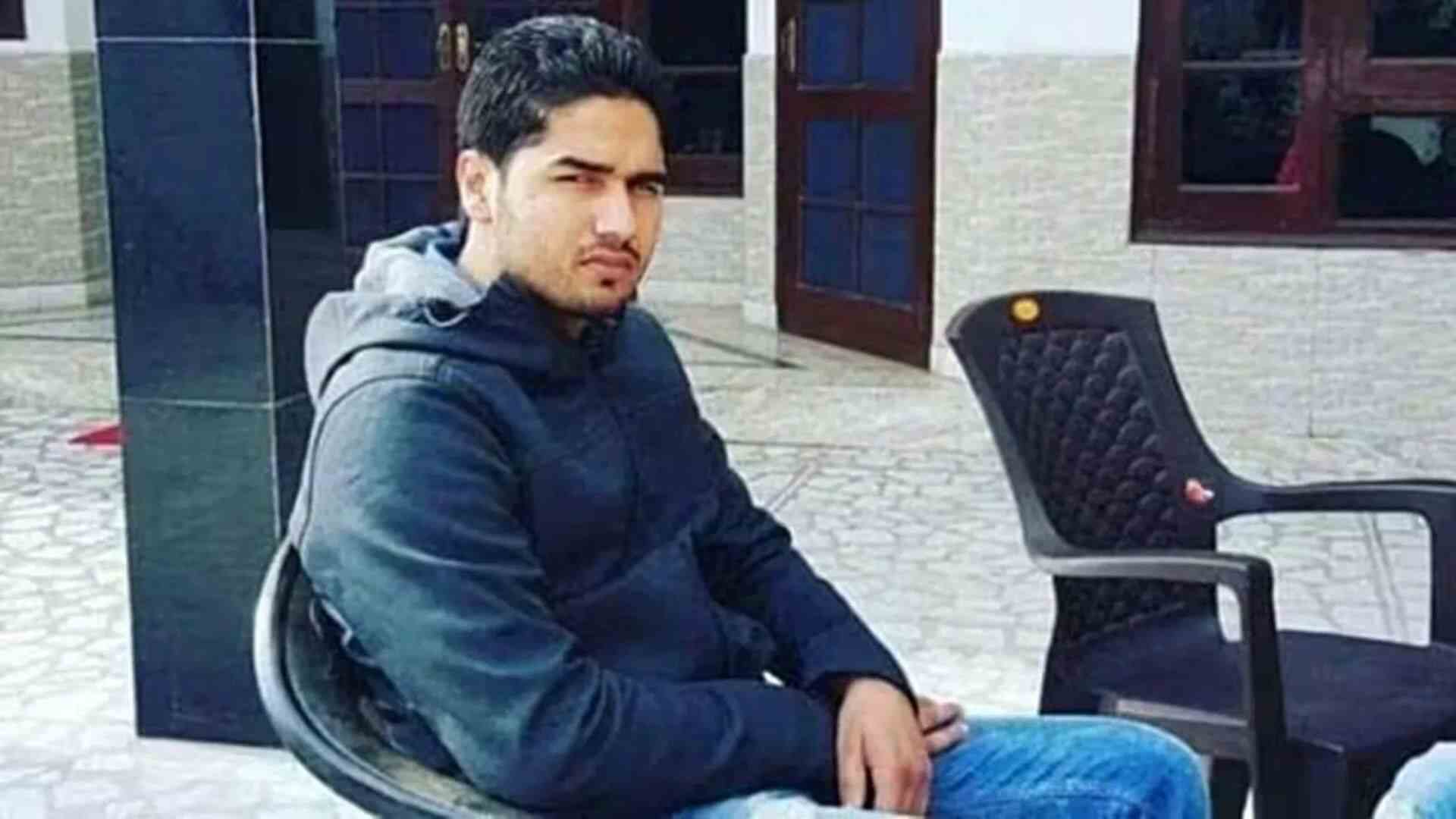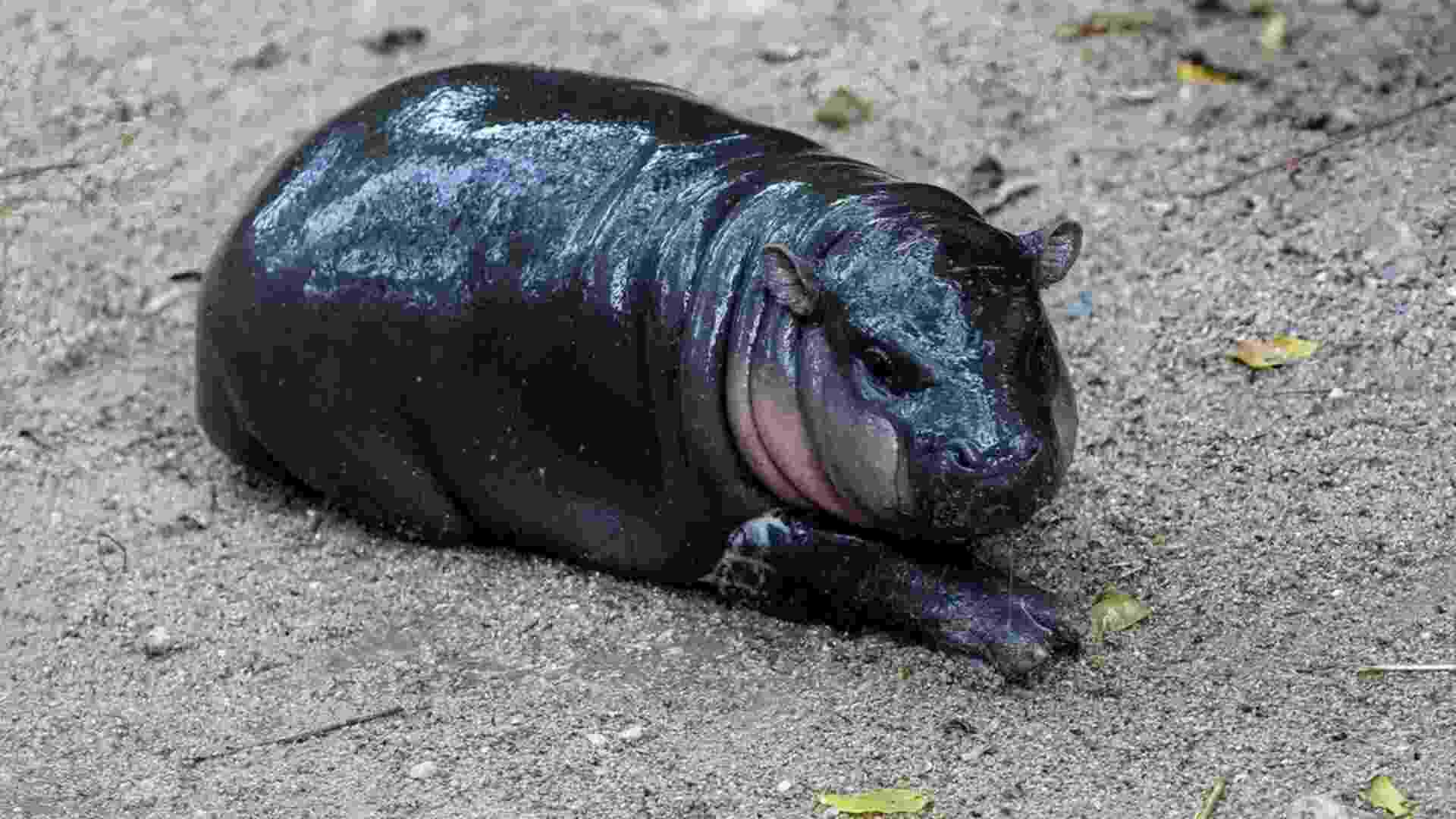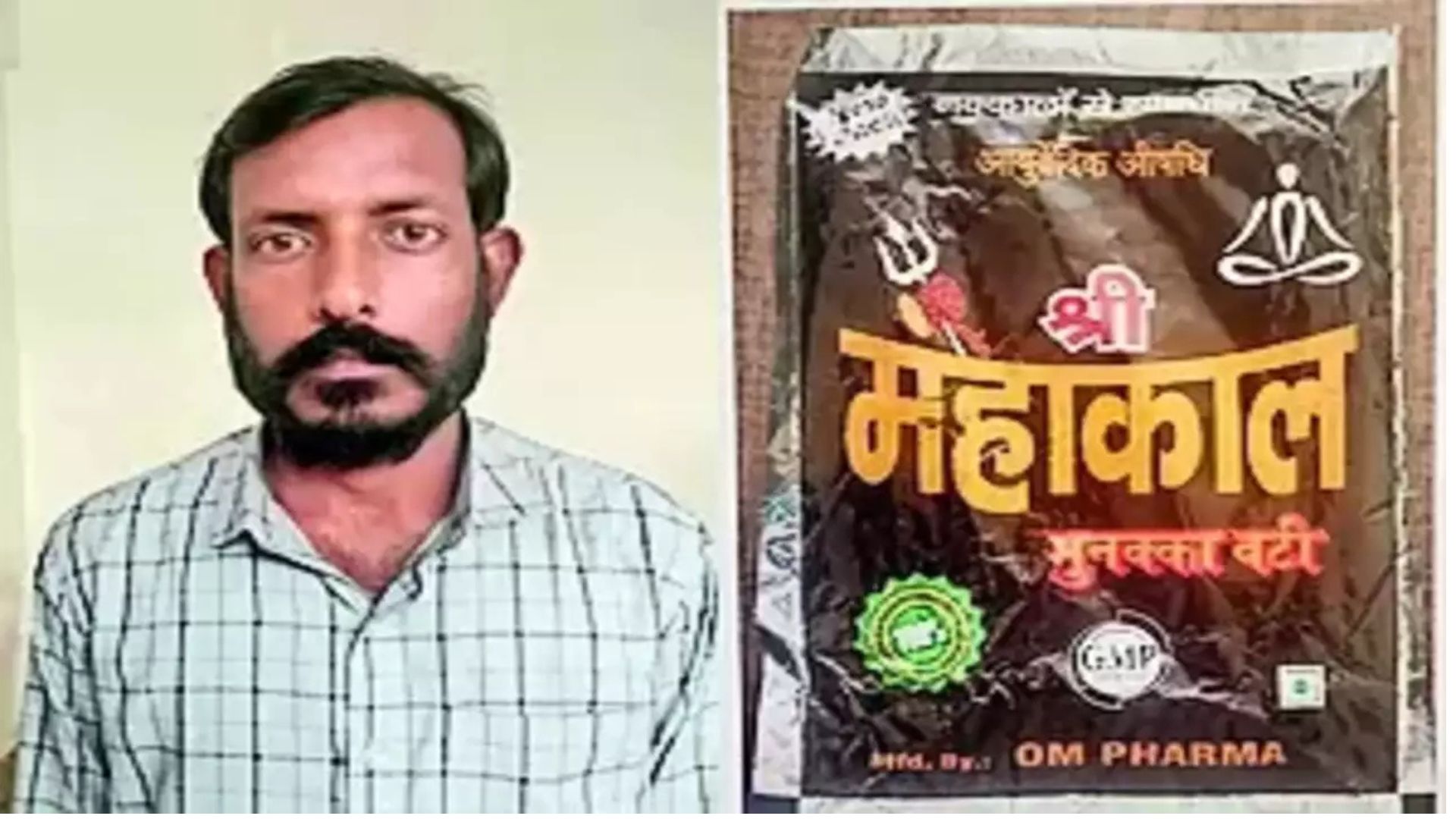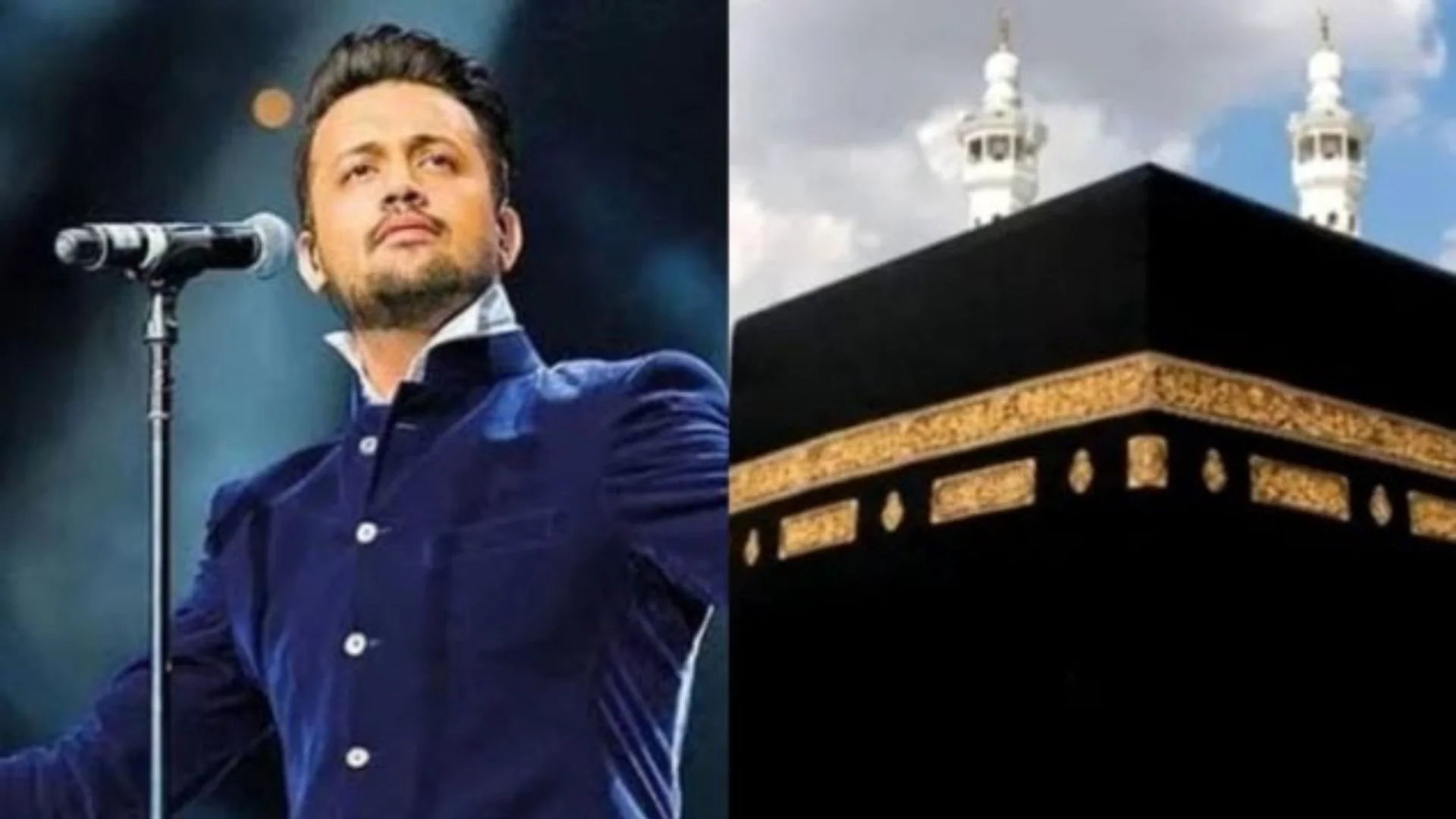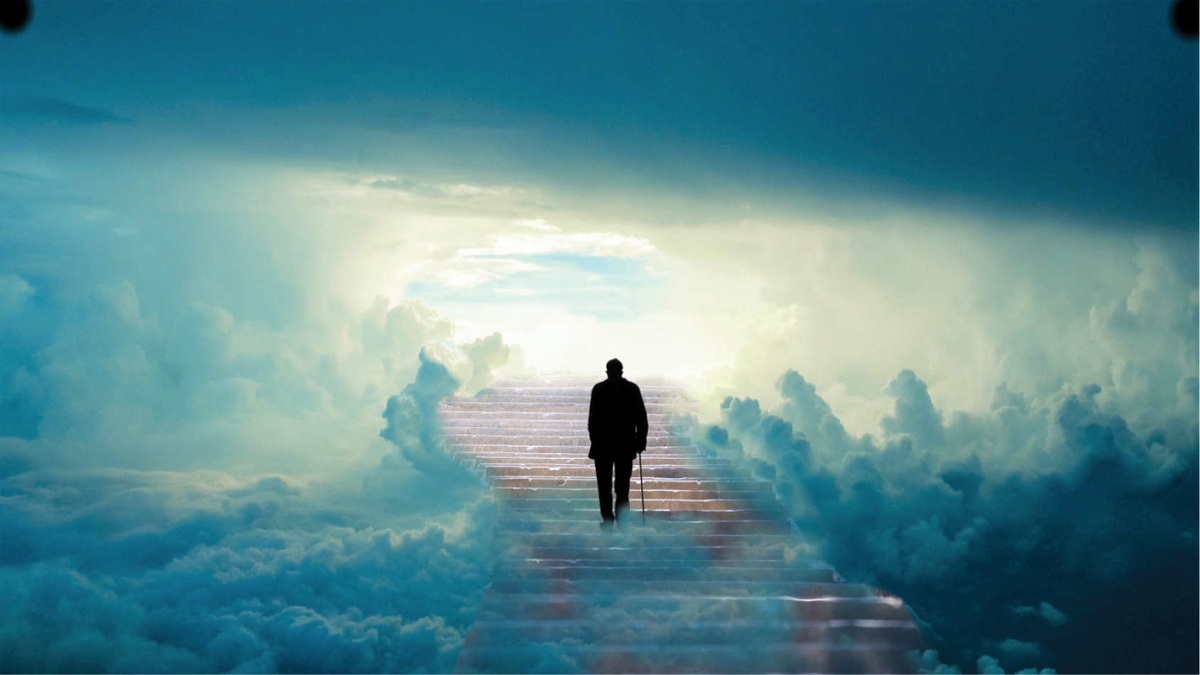
My understanding and experience is that the soul is eternal. It never dies. It simply passes on from one bodily ‘costume’ to another, carrying its experiences with it. When we remember someone who has died simply as a human being, there is sorrow. But, remembering the soul in the awareness of God, we can send God’s love and light to that soul. Our thoughts reach the soul and the connection carries on beyond death. Seeing death as a natural transition into another state removes fear, and enables us to respond to the situation more calmly and with appreciation rather than regret.
The soul’s strongest relationship — and attachment — is to the body. It is understandable, therefore, why the question of ‘leaving the body’ brings trauma. A meditation practice that prepares us for moving on is what we call ‘soul consciousness’: experiencing the spiritual being as a being of light, quite separate — detached — from the body. This detachment is not cold or distant but one of benevolent freedom. Aware of the soul and its intrinsic value, we start to perform actions based on kindness, generosity and compassion. These actions accumulate good fortune for the soul, which it carries with it. And, when it is time to ‘leave the body’, the soul understands it is not the end. This ‘detachment’ also allows the soul to cope with illness and pain more calmly and positively and draw God’s power and light to bring comfort.
The relationship with the Divine plays a very important role in preparing for both life and death. In the moment of transition — ‘death’ — God’s remembrance supports the soul, and gives it the experience of flying to the light — to God. Soon afterwards the soul will go to its new home — a foetus in a mother’s womb. Meditation each day brings the experience of God’s love and power, enabling us to experience help and guidance from the Divine. The practice of meditation is the preparation for the final moments, so that the mind is able to stay focused and concentrated and experience the connection with the One.
In the process of ‘detaching’ from the body, relationships with others continue but they are not relationships of possessiveness or demand — because we recognise that the other is also a soul, playing a role through a body.
The practice of letting go and surrendering to God the hurt and pain that others may have caused and genuinely forgiving them means that I carry no burden of pain inside me and nothing holds me back in the final moments. If I have made mistakes, let me seek forgiveness — from others, myself and God, so that I can change and move on.
Detaching from the body enables me to let go of position, possessions and even the pull of the senses that bind me and hold me back. The next step of mastery is to be able to discipline my mind to serve me well and enable the soul to express its original, eternal nature of purity, peace, love, truth and joy.
This journey, holding God’s hand, engaged in good actions and settling all the negative actions of the past, moves me to a state of freedom, a state in which all accounts have been settled and I then truly know I will fly to God. It is a journey of a lifetime and the destination is to be at one with the Divine but the journey itself can only be in the companionship of the Divine.
B.K. Jayanti is the director of the Brahma Kumaris’ services in Europe.
